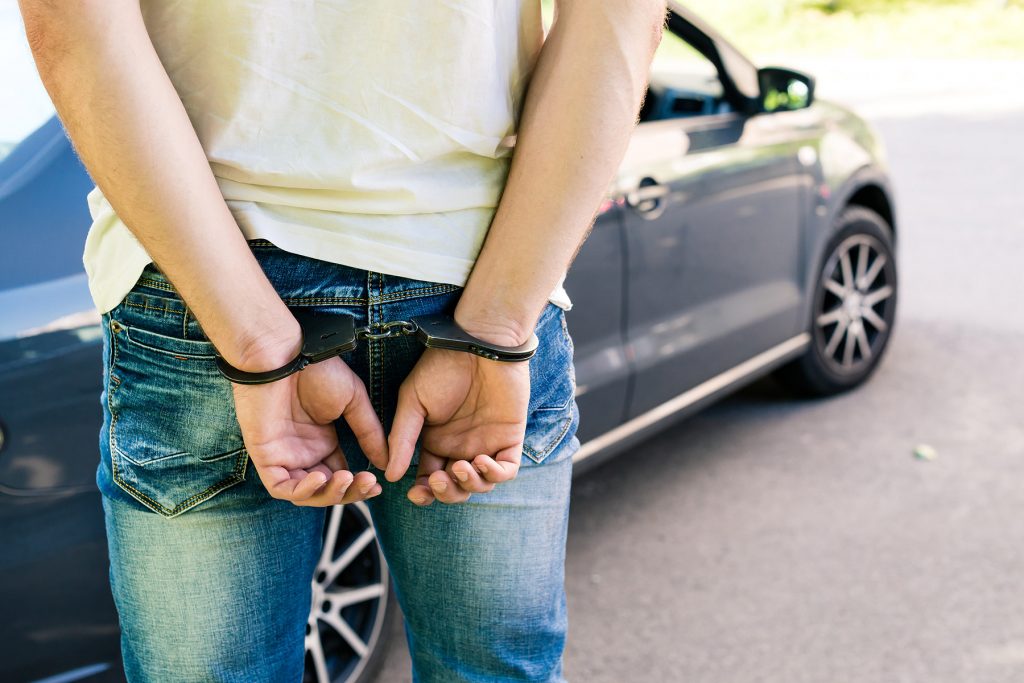
The short answer is “Yes,” you absolutely can sue the drunk driver who caused the accident that resulted in your injury. You can also sue for wrongful death on behalf of a loved one killed by a drunk driver.
Because suing a drunk driver is a very complicated type of personal injury lawsuit, and because wrongful death cases are always complex, it’s imperative to hire an experienced, knowledgeable personal injury attorney who knows how to tackle these tough cases.
Civil Lawsuits and the Crime of Drunk Driving
People who have suffered serious injuries due to a drunk driving accident often file civil lawsuits, so while drunk drivers often face serious criminal charges, they can also face civil liability when the people they’ve injured take legal action. If you or a loved one is injured or killed by a drunk driver, a civil suit may be the best option to recover damages for your losses.
Probably the most common claim in car accident cases is “negligence,” and to prove the drunk driver was negligent, the plaintiff must show the following:
- The defendant owed the plaintiff a duty of care
- The defendant breached that duty of care
- The defendant’s breach of duty caused the plaintiff’s injuries
In Nevada and many other states, a drunk driver who allegedly causes an accident is vulnerable to a lawsuit for “negligence per se.” In order to prove “negligence per se,” the plaintiff must show the following:
- The defendant had the duty to follow the state’s DUI law
- The plaintiff is one of the people that law was designed to protect (anyone else sharing the road)
- The defendant violated that law by driving drunk
- The defendant’s violation of the DUI law caused the plaintiff’s injuries (or death)
The easiest way to sue a drunk driver and win is by using the drunk driver’s criminal conviction against him. The plaintiff’s lawyer would need to produce court records documenting the conviction, but even if the defendant managed to escape conviction (or if the criminal case has not been decided yet), it may still be possible to show that the defendant was under the influence at the time of the car accident with injuries.
Preponderance of the Evidence
When bringing a personal injury lawsuit, plaintiffs only need to prove that the defendant is liable “by a preponderance of the evidence.” Simply put, this means that it is more likely than not that the defendant was at fault. The “preponderance of the evidence” standard in civil cases is much lower than the “beyond a reasonable doubt” standard in criminal cases. Because of this, a person may be found civilly liable for causing a car accident even if he was found not guilty of drunk driving in a criminal court.
Comparative Negligence
Nevada and many other states follow what’s called “comparative negligence” laws. These laws generally provide that the plaintiff in a personal injury case may recover damages as long as the defendant was at least 50% at fault. So, if the plaintiff was more at fault than the defendant, then the plaintiff would not be eligible for anything.
It should be noted that comparative negligence laws vary and you should discuss your situation with a knowledgeable attorney in your state.
In drunk driving civil lawsuits, the plaintiff is rarely deemed at fault to the degree that would prevent him from recovering compensation. But plaintiffs who are found to be partly to blame for the accident may receive less than those plaintiffs who were blameless in the accident.
Insurance companies know that a DUI conviction completely changes their case, and when a conviction happens, most insurance companies go out of their way to avoid lawsuits because if the case goes to trial, the award amount can be much greater than a reasonable settlment.
Instead of dealing with the insurance companies yourself after your car accident, it’s highly recommended that you contact a personal injury attorney with experience in these difficult cases.
